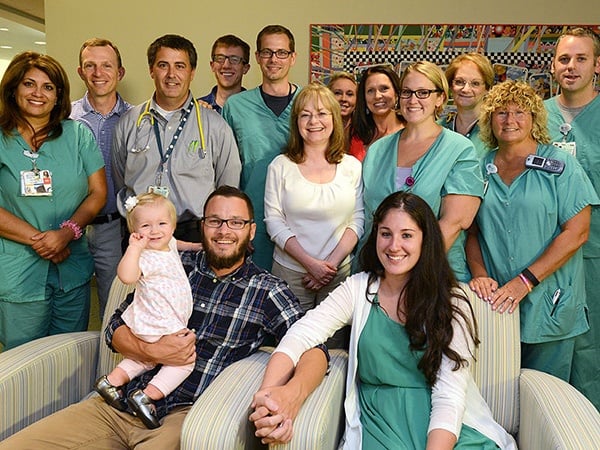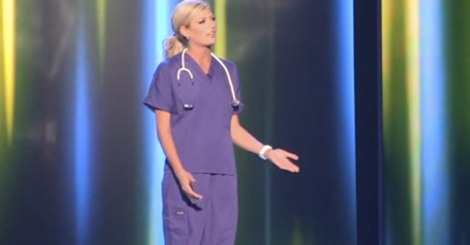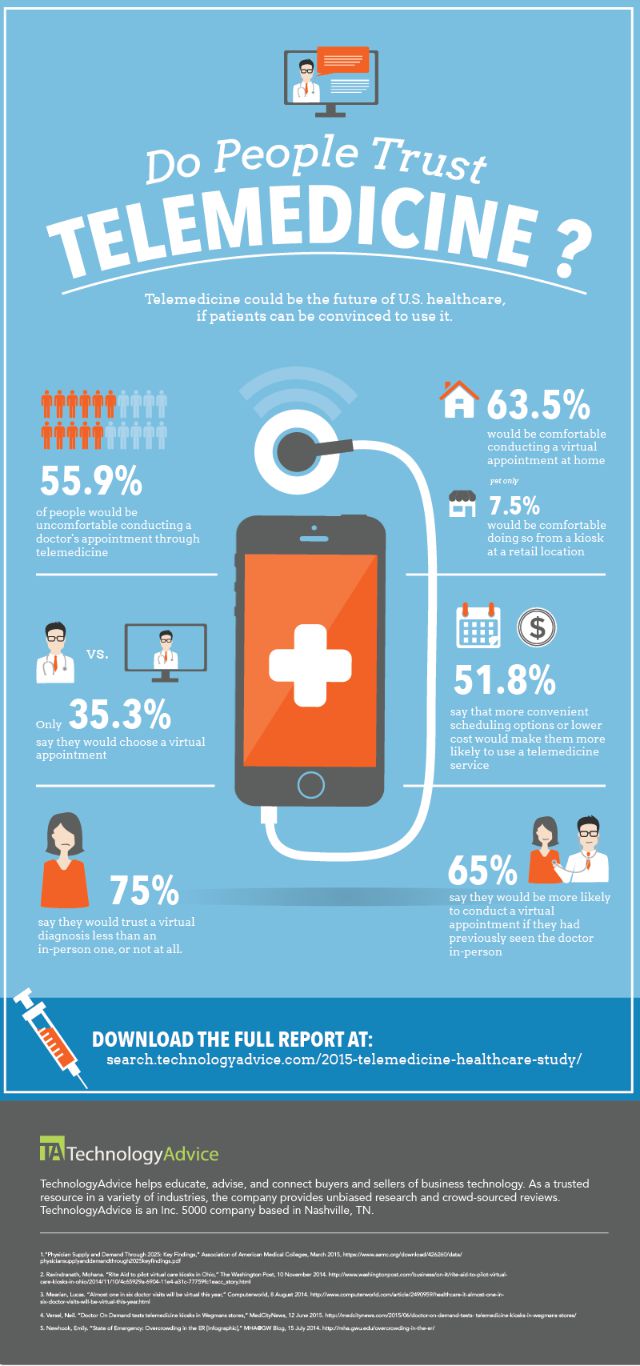Natalie Romero via www.huffingtonpost.com
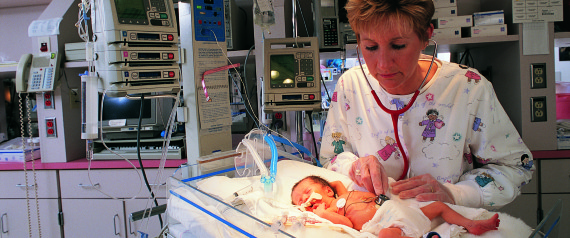
Grab the tissues because this article is a beautiful thank you note from the mother of an infant in the NICU. She refers to the Nurses in the NICU who took care of her baby as “background heroes”. Always there offering comfort to both her and her baby; translating the doctor’s language in to words she could understand; singing and reading to her baby; staying with him in the OR; and all the other important things the Nurses did to help her through it. She’s not sure if she ever properly thanked you so she wrote this letter. It’s beautiful and so are you for all you do for your patients and their families.
During our NICU stay, our son was seen by dozens of doctors -- surgeons, neonatologists, anesthesiologists, cardiologists, orthopedics and radiologists. He was treated by occupational therapists and physical therapists.
If you were to walk in the room during rounds on a typical day, you would have found five or six doctors huddled around his tiny body reviewing his charts. They discussed his numbers throughout the night, their opinions on his treatment, and how he was responding. The doctors didn't always turn to us to include us in the conversation. And to be honest, we didn't always understand their language.
If you were to look very closely at the scene, you may have noticed someone hovering in the background almost going unnoticed. If you looked hard enough, you would have noticed my son's NICU nurse who rarely left his side during rounds. His nurse stayed close by and tended to my son while the doctors tended to his illness. His nurse always helped us figure out the doctor language once they were gone.
Those nurses were our background heroes. They didn't get the same credit as the doctors and they never searched for praise, but they were such an important and necessary part of our NICU journey.
NICU nurse, I don't know if you know the impact you had on our family.
I don't think I thanked you.
I hope it's not too late.
Thank you for quietly closing the curtain to give me privacy when I couldn't stop the tears.
Thank you for rocking my baby when I couldn't be with him at night.
Thank you for knitting him hats and booties.
Thank you for reading to him.
Thank you for singing him lullabies.
Thank you for staying with him in the operating room.
Thank you for being gentle with him when he was battered and bruised after hours and hours of surgery.
Thank you for being his advocate and questioning everything, even the doctors, when you felt like he was being given unnecessary treatments.
Thank you for keeping the small bit of hair that was shaved off of his head when the only available vein was on his skull. "It was his first hair cut," you said when you handed it to us the following morning.
Thank you for teaching me how to bathe him without making all the alarms ring.
Thank you for teaching me how to read the machines he was attached to.
Thank you for helping me hold him without pulling out all his tubes.
Thank you for silently standing beside me while I cried tears of helplessness.
Thank you for helping me see the good I was doing by heading off to pump every three hours.
Thank you for making feel like a normal mother in the moments when I felt anything but normal.
Thank you for celebrating each ounce of milk consumed, each breath taken without the breathing tube, each time the number on the scale went up.
Thank you for celebrating when he was discharged.
Thank you for helping me get through one of the toughest experiences of my life. You were a part of the reason I survived it.
I don't know the half of what you have seen. I know that even though you always seemed to be smiling, behind closed doors you cried your own tears. I know that in the moments of chaos when alarms were sounding and codes were being called and my world seemed to be crashing down around me, you stayed calm and focused and you made sure that my world stayed upright.
I hope you know that I felt your hand of my shoulder. I hope you know that I was grateful to see your face every morning. I hope you know just how important you were to us.
I hope it's not too late to say thank you.
 This incredible young man, Tony Hansberry II, is a 14-year-old student who used an endo stitch in a way no one has ever done before and the results are a game changer.
This incredible young man, Tony Hansberry II, is a 14-year-old student who used an endo stitch in a way no one has ever done before and the results are a game changer. We all know and love Nurses, but isn’t it wonderful when a research study validates something you already know? We think you’ll enjoy this article.
We all know and love Nurses, but isn’t it wonderful when a research study validates something you already know? We think you’ll enjoy this article.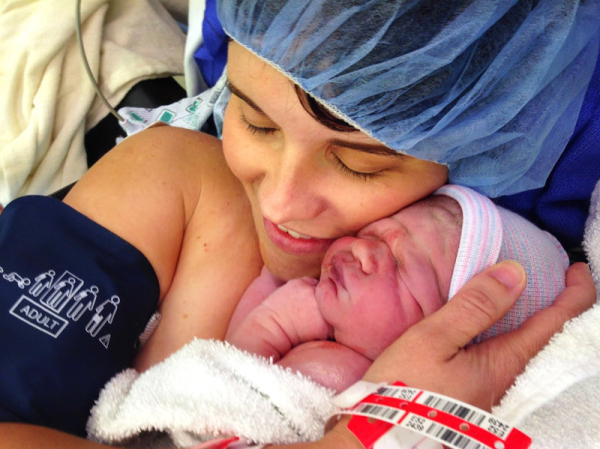











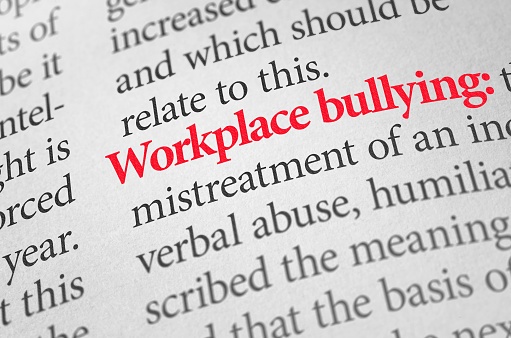


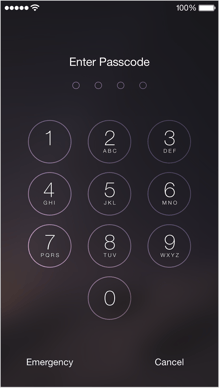
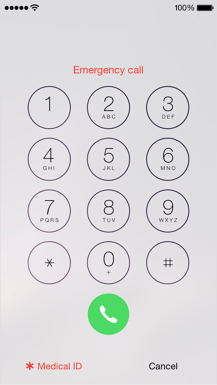
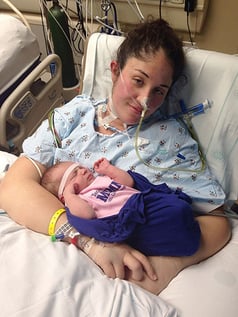 Many Nurses have a 6th sense when it comes to their patients. This story is about a Nurse who’s patient was in a coma after a C-section. Nothing was bringing the patient out of the coma. The Nurse’s actions changed the outcome of could have been a very tragic situation.
Many Nurses have a 6th sense when it comes to their patients. This story is about a Nurse who’s patient was in a coma after a C-section. Nothing was bringing the patient out of the coma. The Nurse’s actions changed the outcome of could have been a very tragic situation.